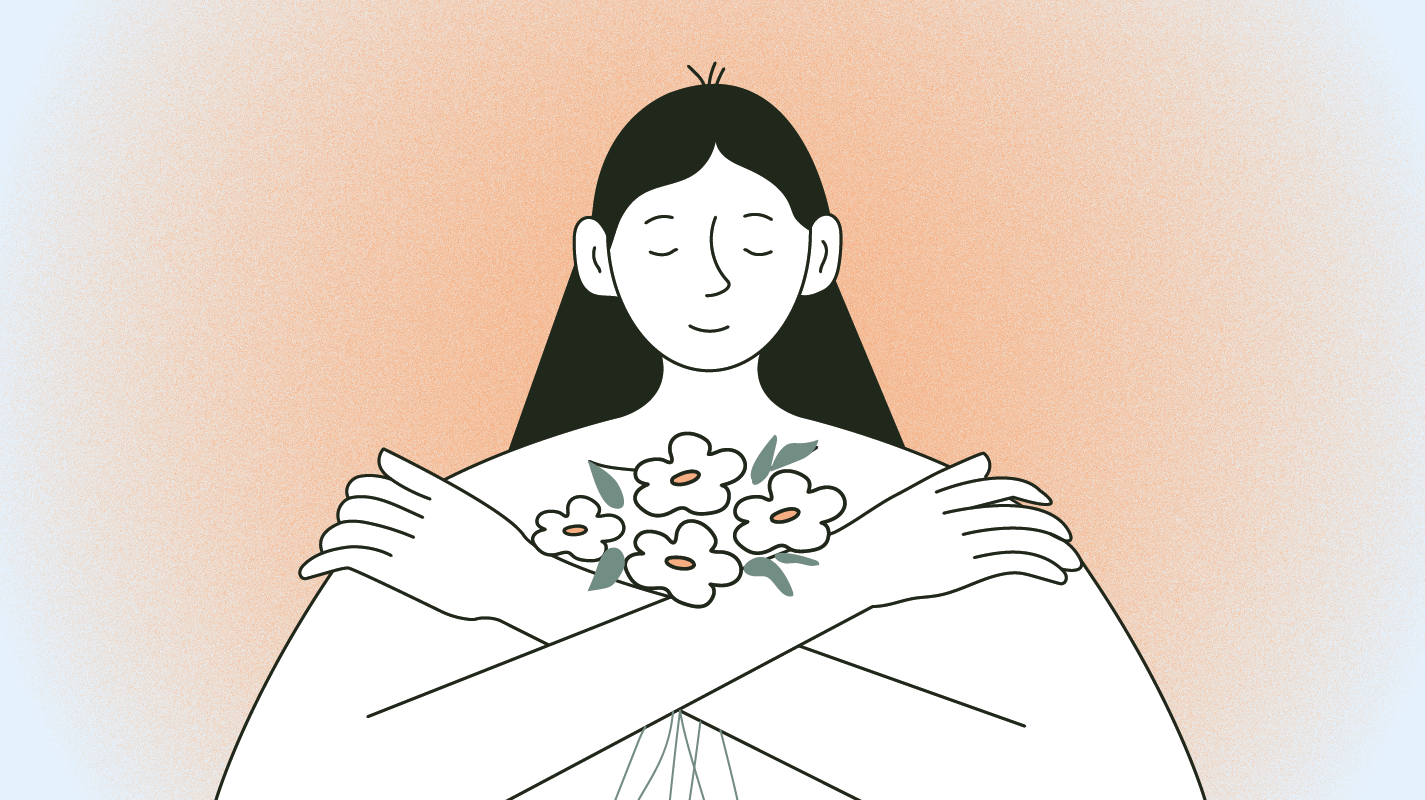Egg freezing is here to stay. Why? Because thanks to this treatment we can continue with our life plans without it interfering with our ability to have children. It's a hack against the biological clock! The process of egg freezing consists of capturing a woman's mature eggs, freezing them in liquid nitrogen (for as long as you want!) and defrost them at the right time (when you're ready, want, can, or whatever).
It sounds like a next-generation treatment, but it's been going on for decades and has resulted in a lot of healthy pregnancies. The process follows the same premise as egg donation, it has existed for many more years, with the difference that, in freezing, your Me Today he is the donor of your Me of the future.
Freezing is ideal for many women
It doesn't matter what your reason is. You may be at the peak of your work and financial growth, you may not feel ready, or you may want to anticipate possible diseases or changes in your body. Any motivation is worth it! And that's what we love about freezing: that it opens the window of possibility of getting pregnant, without having to sacrifice our professional life or our mental stability.
It's not the uterus, it's the egg
There is an inherent relationship between fertility and age. The bigger a woman is, the fewer eggs she produces, and these are of increasingly lower quality. This has nothing to do with health habits: this is how the female body works. However, what changes with age and determines fertility is the quality and quantity of the egg, while the functioning of the womb remains intact. Even though we do, we could put the embryo of a 27-year-old woman in the post-menopausal body of a 67-year-old woman, and the chance of pregnancy is that of a 27-year-old woman.
The social and the biological are not in sync
Data indicates that we tend to have babies when we are older. It's understandable: the older we get, the more we know, the more aware we are of the emotional challenge, the more we have financial security, and more! There are great reasons to have a baby at an older age, but there are no biological reasons: the body is at its most fertile when we are quite young, and from then on fertility is in decline.
However, what is interesting is that a healthy woman can perfectly carry a full and safe pregnancy even at an age when the eggs she produces are not of the best quality. This is because pregnancy rates are directly correlated with the age of the egg, not with the age of the uterus! That's why freezing eggs is a gateway to more options.
Is egg freezing safe in the long term?
Yes and no. Freezing eggs isn't safe because it's not guaranteed to work; it's just an open possibility. For example, today's doctors don't know if eggs are going to be fertilized quickly, nor do they know the quality of your partner's or donor's sperm at that time. The only thing we do know is that today's eggs have better quality than tomorrow's eggs. The more eggs you freeze, the greater your chance of pregnancy.
How to know how many eggs to freeze
There are no exact numbers, but there is information that can bring us closer to the answer. The most important thing is not to forget that the age at which you freeze is decisive. For example, a woman aged 25 to 30 has a high chance of achieving a pregnancy in the future by freezing only 8 eggs, while a woman of 40 would need to freeze 20 eggs to get closer to that probability.
In numbers
- If a 44-year-old woman is trying to get pregnant naturally (with the eggs she has), her chance of getting pregnant is less than 5%.
- If that same woman uses donated eggs, or her own eggs that she frozen 10 years ago, her chance of becoming pregnant reaches 60%.
There is no perfect fertility test!
Although studies such as AMH and FSH continue to be done to show ovarian reserve and the ability to generate follicles and are used to predict a woman's fertility, these do not necessarily reflect with certainty a woman's reproductive capacity. That's because these studies only measure the number of eggs, not their quality. In fact, there are many women who have had terrible results in these studies and who have become pregnant on the first attempt. All this to say: the best fertility test is to try.



